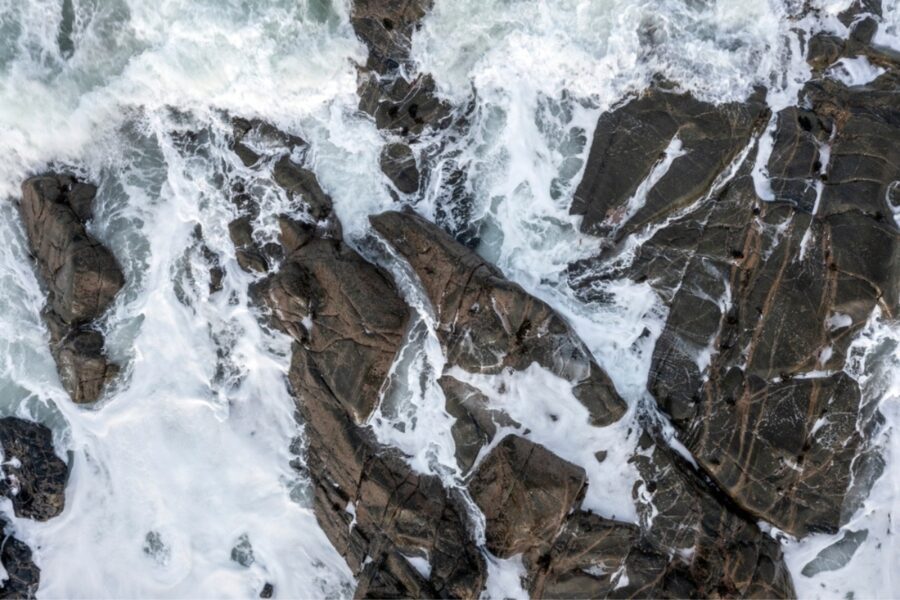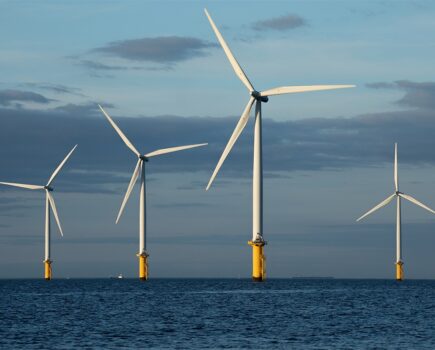Marine Scotland Compliance has published details of the number of vessels from both the UK and third countries boarded in Scottish waters by its marine protection vessels from July 2021 to June 2022.
Scottish and UK fishermen regularly complain that the fishery patrol vessels disproportionately target UK vessels and ignore foreign vessels.
But Marine Scotland says its boardings are undertaken ‘following a rigorous risk-based process’ and that vessel nationality does not play a significant part in this.
It says: “On any given day, it is worth noting that the UK fishing fleet accounts for approximately 80% of vessels actively fishing in Scottish waters, therefore the proportion of UK vessels boarded is always likely to be more.
“A number of the boardings of UK vessels will have occurred within territorial waters, where only UK vessels can legally fish. All boardings by the inshore patrol vessels and a number by the offshore vessels will be within territorial waters and are therefore unlikely to involve non-UK vessels – this will also result in the proportion of UK vessels boarded being higher.”
Fishery officers boarded a higher number of vessels in the second half of 2021 compared to the first six months of 2022.
On average, over 42 boats per month were boarded between July and December 2021, compared with the average of 29.5 boats per month for January to June 2022.
Marine Scotland Compliance points out there are many factors involved in this reduction in boardings, which include the time of year, the weather and the number of vessels operating in Scottish territorial waters.
Rougher weather in winter and early spring means there are fewer vessels fishing, and also that boarding vessels is more difficult and dangerous. Also, the number of fishing vessels operating in Scottish waters has reduced in recent months due to the high costs of fuel, making long-distance trips more expensive.
The figures show that in the latter six months of 2021, a total of 296 vessels were boarded. Of these, 220 were UK-registered, seven were German, 24 were Danish, three were Spanish, 15 were French, 12 were Irish, two were Lithuanian, five were Dutch and eight were Swedish.
In the first six months of 2022, 178 vessels were boarded. One hundred and fifty of these were from the UK, while five were German, three Danish, five Spanish, eight French, four Irish, two Dutch and one Norwegian.
Marine Scotland says the publication of the enforcement information ‘will help increase transparency around the work we are doing to promote compliance with regulation, prevent and deter illegal activity, and respond with enforcement action when required to, in waters up to 200 nautical miles offshore of Scotland’.
Marine Scotland Compliance has three marine patrol vessels and two inshore rigid inflatable boats that regularly undertake boardings of vessels operating in Scottish waters.
The next publication of boardings data will be in six months’ time.
This story was taken from the latest issue of Fishing News. For more up-to-date and in-depth reports on the UK and Irish commercial fishing sector, subscribe to Fishing News here or buy the latest single issue for just £3.30 here.








